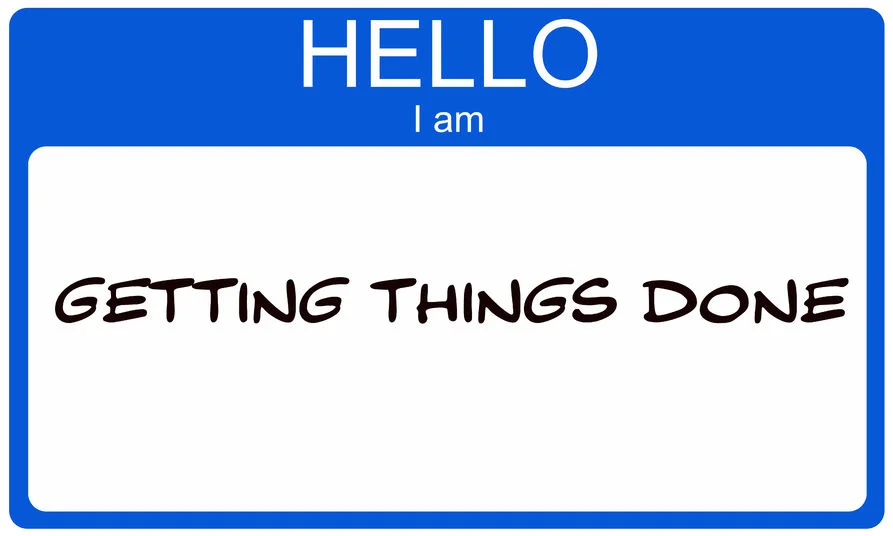Your Story Characters
Every day, we engage in a natural act of storytelling. Personal narratives cast as characters in your own stories. These tales reveal facets of your personalities, showcasing either your best or worst selves. The characters you assume in these stories hold immense influence over your beliefs, decisions, and behaviors. Through the art of storytelling, you have the power to shape and sharpen these characters, propelling your personal growth and transformation.
In self-discovery, doubt often creeps in, prompting you to seek reinforcement. However, these sources may not reinforce the clarity you need. Google, for instance, reinforces your search history rather than providing unbiased guidance. Amidst this uncertainty, there exists a potent tool for self-measurement: self-rating.
As your stories populate with characters, they embody various traits and behaviors. By rating a character on a scale from 1 (representing the worst) to 10 (representing the best), you gain concrete insight. Routine behaviors connected to a character, over time, develop into rewarding strengths, skills, and capabilities. Self-ranking thus offers a tangible understanding of influences, enabling you to consciously choose the characters you wish to embody.
Given that skills stem from daily routines, organize strengths into appointments. That allows you to design character strengths. For example, someone who identifies as "reliable" can manifest this trait by scheduling gym time with a peer, thus marrying their commitment to reliability with their fitness goals.
Ben Johnson aptly noted, "Even if a person believes that all inspiration comes from within, most people will allow experiences to impact the way a person becomes." These experiences, emanating from our storytelling, become a common ground from which you draw insights. By imbuing these experiences with vivid gestures and tonal qualities, you can reshape the familiar into something novel, thereby altering your behavior.
Your stories hold the potential to reshape your worldviews to see common situations in new lights. By scaling experiences differently and viewing them through a new lens, you can transform the common into the extraordinary. This iterative process of reshaping stories through scaled experiences ultimately shapes personal growth and positive change.
Questions for further exploring.
What’s one reoccurring behavior you desire to change? Is there a reaction to an experience you want to stop? An avoidance? Or anger?
What story do you tell your self about this behavior? Is there an always or never connotation to the story (e.g. I always do….).
What’s one strength, skill, or capability that may become a character in that story? What are you successful at? Who is the character in those stories and how may you use that character to create change?



